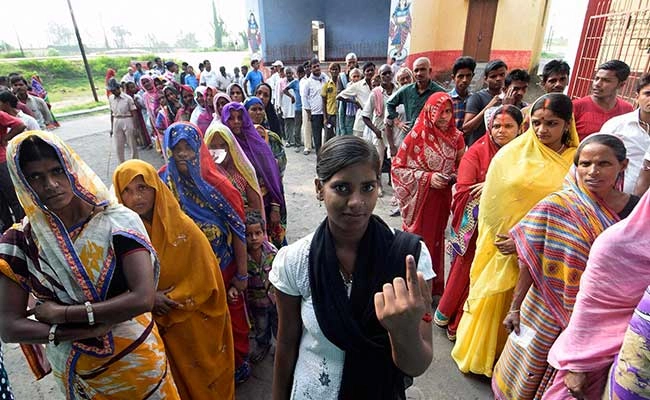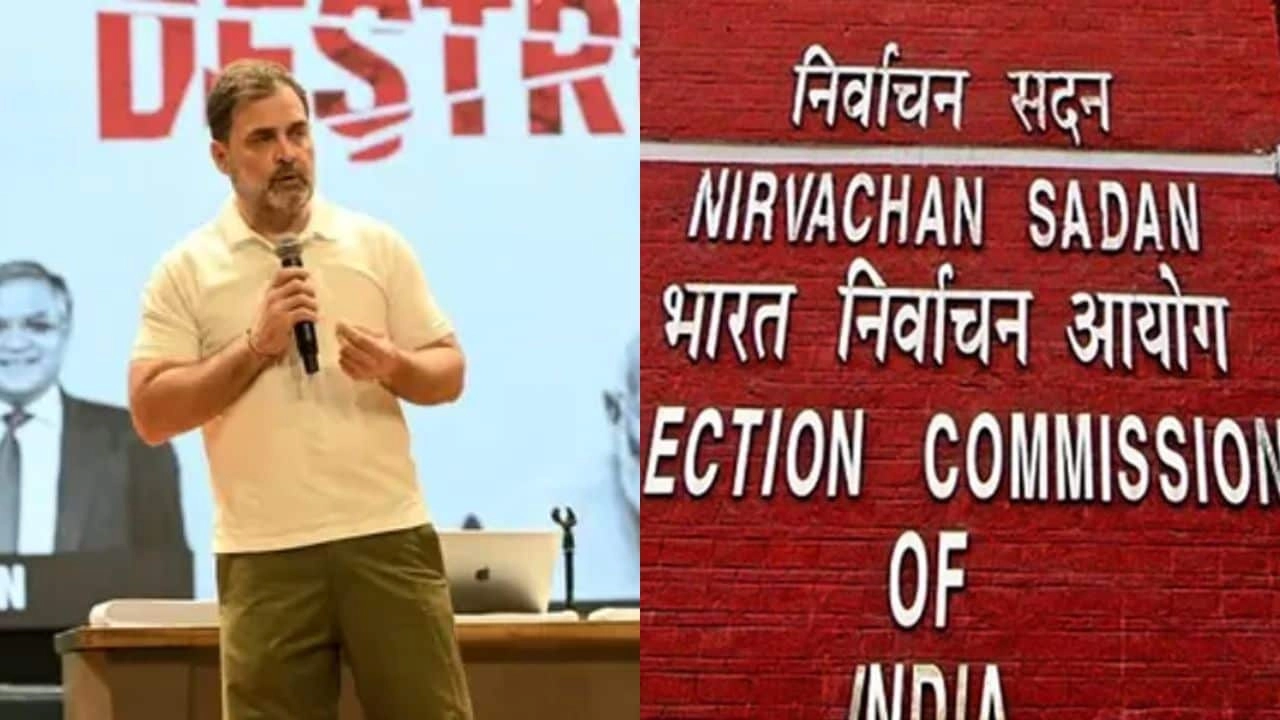In the politically charged atmosphere of Bihar, the role of women voters has emerged as a significant factor, particularly in the context of Chief Minister Nitish Kumar’s strategies and the National Democratic Alliance’s (NDA) outreach initiatives. Traditionally, women in Bihar have had a unique influence on electoral outcomes, often swaying results in favor of the party that is perceived to prioritize their needs and welfare. This demographic has become a silent yet powerful weapon in the hands of Nitish Kumar, who has adeptly recognized the importance of securing their votes to ensure electoral success. With women constituting a substantial portion of the electorate, their preferences can no longer be overlooked, and political parties are now keenly aware that engaging this segment is crucial for their survival and growth in the state.
Nitish Kumar’s government has implemented various welfare schemes aimed specifically at women, addressing issues like education, health, and financial independence. These initiatives have not only garnered goodwill among female voters but have also positioned Kumar as a leader committed to uplifting women in society. By focusing on these issues, he has managed to create a narrative that resonates with the aspirations of women, making them feel valued and heard. The NDA, recognizing the potential of this voter base, has also ramped up its outreach efforts, aiming to connect with women through targeted campaigns that showcase their achievements and the government’s commitment to their empowerment. This fresh approach signifies a shift in the political landscape of Bihar, where women voters are increasingly becoming a focal point of electoral strategies.
Moreover, the growing participation of women in the political process has empowered them to voice their concerns more assertively. As more women become politically aware and active, they demand accountability and transparency from their leaders. This dynamic has compelled political parties to adapt, as they can no longer afford to take women voters for granted. The NDA’s renewed focus on women is not merely a tactical maneuver but also reflects a broader societal change where women are asserting their rights and demanding a greater role in governance. The importance of this demographic cannot be overstated, as they are not only voters but also influencers within their families and communities, amplifying their impact on electoral choices.
In conclusion, the significance of women voters in Bihar’s political landscape cannot be overlooked. Chief Minister Nitish Kumar’s strategic focus on this demographic, coupled with the NDA’s renewed outreach efforts, illustrates a recognition of their power at the ballot box. As political dynamics evolve, it will be interesting to observe how parties continue to engage with women and address their unique needs and aspirations. The silent weapon of the woman voter has the potential to reshape the future of Bihar, making her a key player in the state’s political narrative. Ultimately, the engagement of women voters is not only essential for electoral success but also vital for fostering a more inclusive and equitable society.




